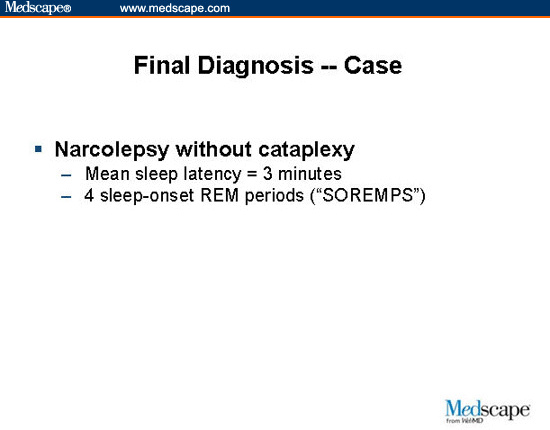
If necessary, you'll be referred to a specialist in sleep disorders, who'll analyse your sleep patterns. They may also carry out tests to help rule out other conditions that could be causing your excessive daytime sleepiness, such as sleep apnoea, restless legs in bed and kicking during sleep, or an underactive thyroid gland (hypothyroidism). They may ask about your sleeping habits and any other symptoms you have. See a GP if you think you may have narcolepsy. The symptoms of narcolepsy often begin during adolescence, although it's usually diagnosed between the ages of 20 and 40. Men and women are thought to be affected equally by narcolepsy, although some studies have suggested the condition may be more common in men. It's difficult to know exactly how many people have narcolepsy because many cases are thought to go unreported.īut it's estimated to affect about 30,000 people in the UK.

hormonal changes, which can occur during puberty or the menopause.

Things that have been suggested as possible triggers of narcolepsy include: The lack of hypocretin is thought to be caused by the immune system mistakenly attacking the cells that produce it or the receptors that allow it to work.īut this does not explain all cases of narcolepsy, and the exact cause of the problem is often unclear. Narcolepsy is often caused by a lack of the brain chemical hypocretin (also known as orexin), which regulates wakefulness. Narcolepsy does not cause serious or long-term physical health problems, but it can have a significant impact on daily life and be difficult to cope with emotionally.įind out more about the symptoms of narcolepsy. excessive dreaming and waking in the night – dreams often come as you fall asleep (hypnogogic hallucinations) or just before or during waking (hypnopompic hallucinations).sleep paralysis – a temporary inability to move or speak when waking up or falling asleep.cataplexy – temporary loss of muscle control resulting in weakness and possible collapse, often in response to emotions such as laughter and anger.sleep attacks – falling asleep suddenly and without warning.excessive daytime sleepiness – feeling very drowsy throughout the day and finding it difficult to concentrate and stay awake.

The brain is unable to regulate sleeping and waking patterns normally, which can result in: Narcolepsy is a rare long-term brain condition that causes a person to suddenly fall asleep at inappropriate times.


 0 kommentar(er)
0 kommentar(er)
